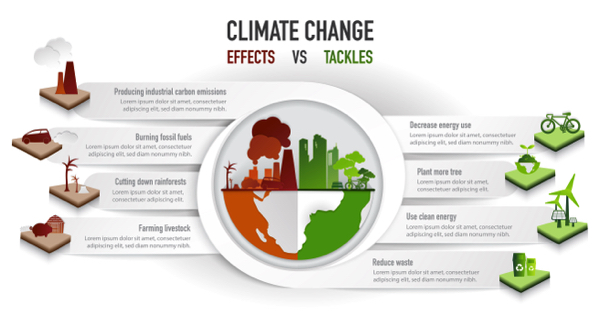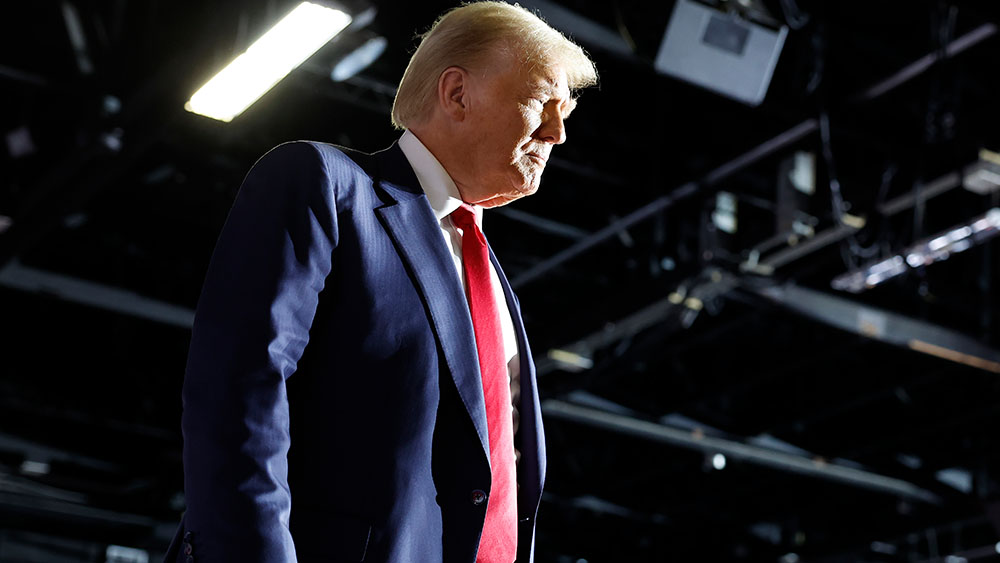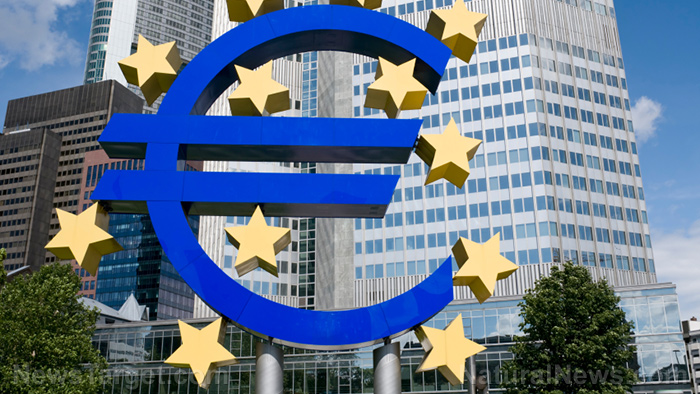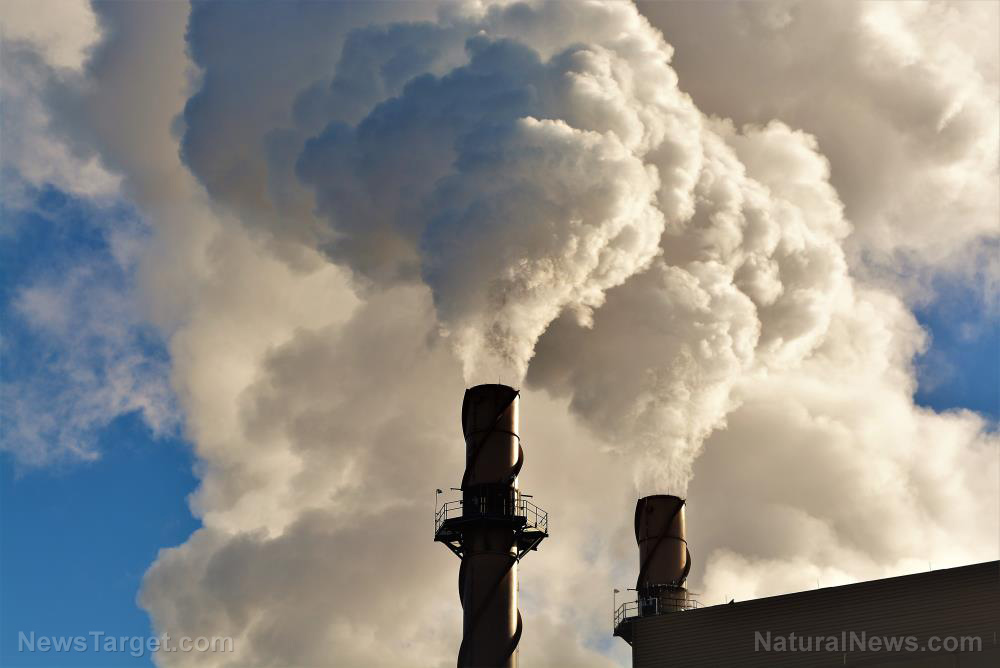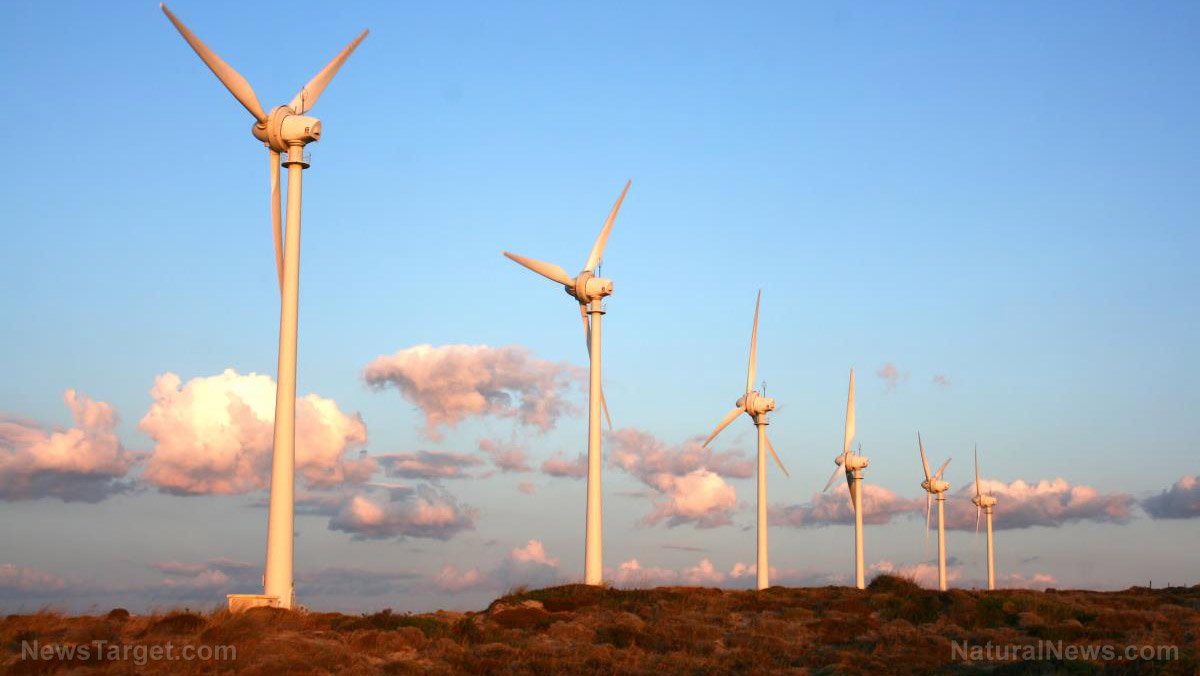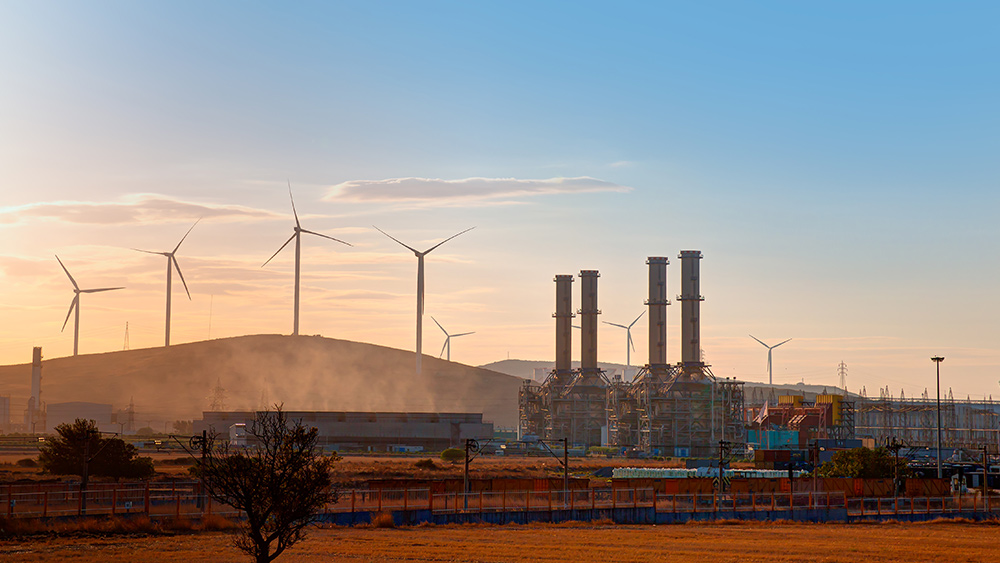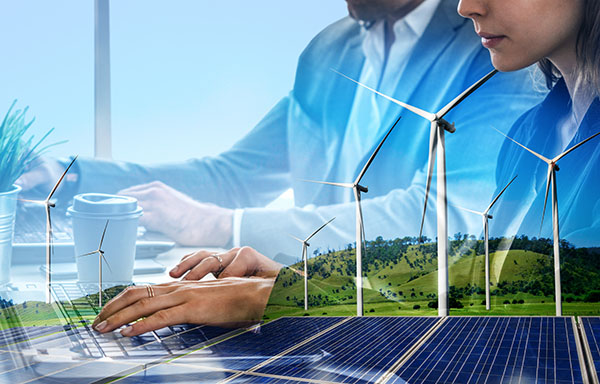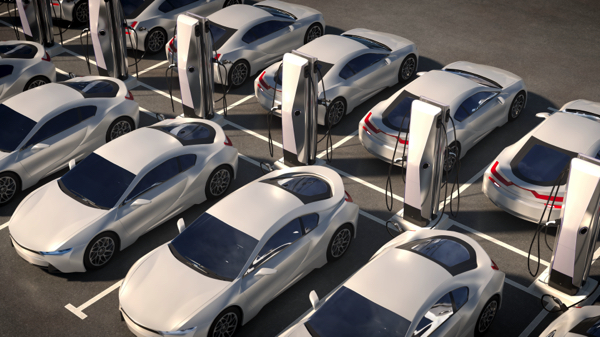Green energy or green exploitation? How USAID’s climate agenda backfired on the developing world
02/17/2025 / By Willow Tohi
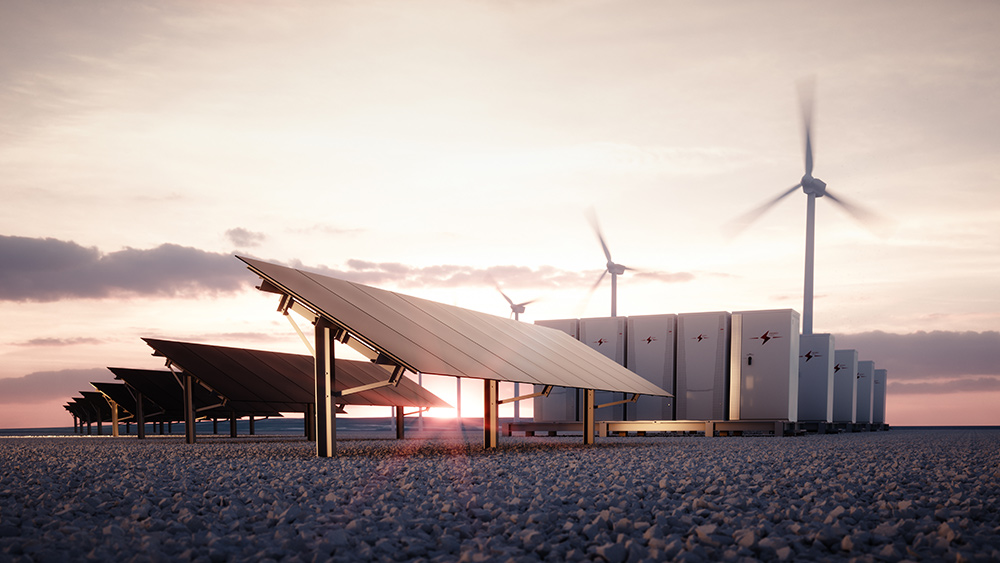
- Former senior USAID official Max Primorac testified that the agency’s climate agenda has harmed developing countries, making them poorer, more dependent on China and increasingly resentful of American influence.
- Primorac accused USAID of inadvertently strengthening China’s grip on the global economy through its push for renewable energy in developing nations, as China produces most of the materials and technology needed for these initiatives.
- The agency has faced criticism for mission creep, mismanagement and controversial programs that have tarnished its reputation, including financial mismanagement and unspent aid.
- The pause in USAID aid and the agency’s downsizing have raised concerns about a vacuum that could be filled by China, Russia, or other nations, potentially posing a national security threat.
- Lawmakers are demanding greater accountability and a return to USAID’s core mission, with a focus on transparency and a foreign aid strategy that serves American interests.
The U.S. Agency for International Development (USAID), once a beacon of hope for struggling nations, has become a symbol of misguided policies and bureaucratic overreach. Under the guise of promoting green energy, USAID’s programs have allegedly inflicted more harm than good on developing countries, according to a former top official. Max Primorac, who served as a senior USAID official during the Trump administration, delivered a scathing indictment of the agency’s climate agenda during a recent House Foreign Affairs Committee hearing titled “USAID Betrayal.”
“I can’t think of anything that’s harmed the developing world more than the climate agenda,” Primorac declared. His testimony paints a grim picture of how well-intentioned green energy initiatives have backfired, leaving developing nations poorer, more dependent on China and increasingly resentful of American influence.
The green energy trap: A boon for China, a bust for Africa
Primorac’s most damning accusation is that USAID’s push for renewable energy in developing nations has inadvertently strengthened China’s grip on the global economy. “Solar, wind, EV: who produces all of those materials? It’s China,” he told lawmakers. “Then, on top of it, we tell them, ‘No, you can’t develop your own fossil fuel industry because it’s anti-green.’ So, what happens? They can’t generate the revenues to create good jobs at home. They can’t generate the revenues in order to finance their own health, education and other needs.”
This dynamic has created a vicious cycle. Developing nations, particularly in Africa, are pressured to adopt expensive green energy infrastructure that they cannot afford or maintain. Meanwhile, China reaps the benefits by supplying the materials and technology, further entrenching its influence through initiatives like the Belt and Road Initiative. Primorac noted that 19 of the top 20 countries receiving USAID aid are already part of China’s sprawling infrastructure project.
The result? Developing nations are left with higher energy costs, fewer economic opportunities and a growing sense of resentment toward the United States. “They want more trade, they want more investment,” Primorac said, “but resentment is building in conservative countries who don’t want woke things.”
Mission creep and mismanagement: USAID’s downward spiral
USAID’s problems extend far beyond its green energy agenda. The agency has been plagued by mission creep, mismanagement and a series of controversial programs that have tarnished its reputation. Former GOP Rep. Ted Yoho, who once sought to slash foreign aid before recognizing its importance, lamented that USAID’s reputation had been “tarnished” by its overreach.
Andrew Natsios, who served as USAID administrator under President George W. Bush, echoed this sentiment, stating that the Biden administration had roped the agency into “culture wars.” He cited examples of USAID-funded NGOs conducting abortions, distributing condoms in Afghanistan and Mozambique, and even promoting atheism in Nepal. “All of these programs gave USAID a black eye, and that’s unfortunate,” said Rep. Michael McCaul, R-Texas.
The agency’s financial mismanagement has also come under scrutiny. A recent report by former USAID Inspector General Paul Martin revealed that up to 8.5 billion in unspent aid remains unaccounted for, with 500 million worth of food aid at risk of spoiling in ports. Martin’s report also accused Elon Musk and the Department of Government Efficiency (DOGE) of obstructing oversight efforts.
A national security threat: The vacuum left by USAID’s retreat
The Trump administration’s decision to pause all foreign aid for 90 days and dismantle USAID has sparked fierce debate. While some argue that the agency’s bloated bureaucracy and controversial programs warrant reform, others warn that the abrupt halt in aid could have dire consequences for U.S. national security.
“By pausing U.S. international assistance, a vacuum is created. China, Russia, or others are already moving in to fill those voids,” Yoho cautioned. “Not being effectively present can be arguably worse than pausing a program. And all you have to do is look at South and Central America and look at how much we’ve ceded to China and their influence from Russia, China and Iran. That has to be dealt with immediately. That’s a national security threat.”
Natsios agreed, warning that the Biden administration’s handling of USAID had alienated key allies and undermined America’s global standing. “It’s a failure,” he said. “All of the things I did at AID, I tried to do it in a way that would not alienate the Democratic Party when I left.”
The path forward: Accountability and reform
As USAID undergoes a dramatic downsizing — from 10,000 employees to fewer than 300 — lawmakers are calling for greater accountability and a return to the agency’s core mission. Foreign Affairs Chairman Brian Mast promised that more oversight is on the way. “We are going to bring in individuals who were responsible for putting these horrible policies in place and reveal all the receipts, videos—all of it—for the American people to see,” he said.
The stakes could not be higher. For decades, USAID has been a vital tool for promoting American values and interests abroad. But as Primorac’s testimony makes clear, the agency’s recent missteps have undermined its credibility and left a trail of unintended consequences in the developing world.
The question now is whether USAID can be reformed or if its legacy of waste and mismanagement will render it beyond repair. One thing is certain: the developing world deserves better than green energy programs that enrich China while impoverishing local communities. It’s time for USAID to return to its roots—serving as a force for good, not a vehicle for ideological agendas.
The American people deserve transparency, accountability and a foreign aid strategy that truly serves their interests. Let’s hope our leaders are listening.
Sources includes:
Submit a correction >>
Tagged Under:
big government, bubble, China, Climate, Collapse, deception, economic riot, finance riot, fraud, Globalism, green energy, green living, Green New Deal, green tyranny, insanity, left cult, money supply, national security, risk, traitors, truth, USAID
This article may contain statements that reflect the opinion of the author



